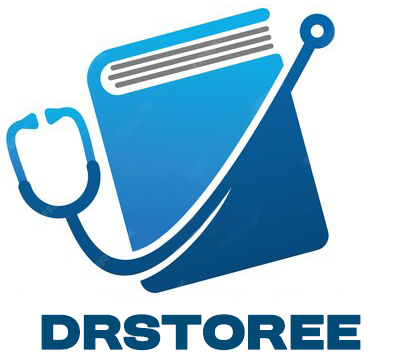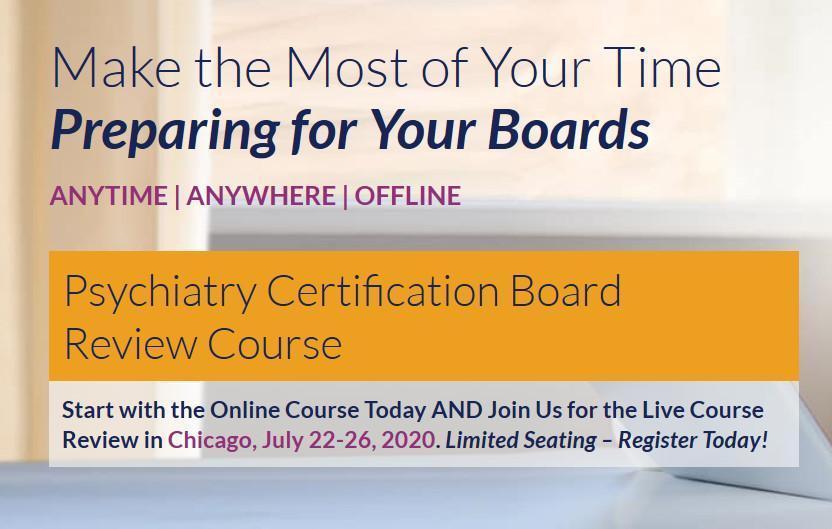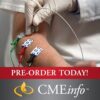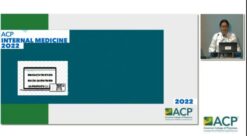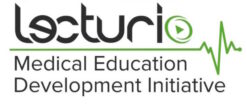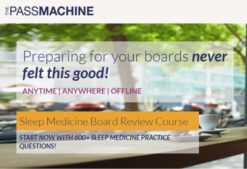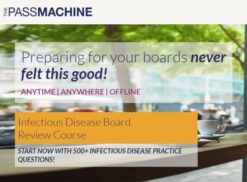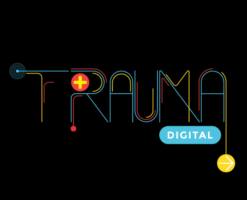Psychiatry Certification Board Review Course 2020 (The Passmachine) (Videos)
$45.00
This Product is shared via google drive download link, So please share your correct Gmail id while placing the order .Please note that there are no CME points or certificate associated with this course Samples for Courses Can be found here : Free Samples Here!
110 Video + 114 PDF + 50 Exam PDF
Psychiatry Certification Board Review Course 2020 (The Passmachine) (Videos)
LASER-FOCUSED LECTURES: The Beat The Boards! Psychiatry Certification board review course is comprised of hundreds of short, easily-digestible lecture modules, each of which reflects exam topics mapped to the ABPN® Psychiatry Certification exam blueprint. You review every required exam topic and nothing else, allowing you to learn more in less time.
UPDATE FOR THE DSM-5: The course is fully updated to reflect DSM-5 diagnostic criteria and new disorders as required for all ABPN® exams.
THE “QBL” METHOD: To ensure pinpoint exam relevancy, the lectures use a method called “Question-Based Learning.” Lectures are constructed from a series of board-style multiple-choice questions (MCQs), each coupled to a mini-lecture on that question’s topic.
BOARD-EXPERIENCED FACULTY: Lectures are presented by faculty experienced in teaching for board preparation. Two levels of medical editing ensure every lecture is up-to-date, medically accurate and 100% board-relevant.
PSYCHIATRY CERTIFICATION STUDY GUIDE: This course companion makes it easy to follow along with lectures, take notes, and study offline.
Topics :
Psychiatric Disorders Section
- Psychiatry Exam Case Vignettes (1 Hour)
- Jack Krasuski, MD
- Anxiety Disorders (1.5 Hours)
- Jack Krasuski, MD
- Obsessive-Compulsive & Related Disorders (1 Hour)
- Jack Krasuski, MD
- Trauma & Stressor-Related Disorders (1 Hour)
- Jack Krasuski, MD
- Neurodevelopmental Disorders (1.5 Hours)
- Jack Krasuski, MD
- Disruptive, Impulse-Control & Conduct Disorders (1 Hour)
- Jack Krasuski, MD
- Eating Disorders (1 Hour)
- Jack Krasuski, MD
- Somatic Symptom & Related Disorders (1 Hour)
- Jack Krasuski, MD
- Sexual Dysfunctions, Gender Dysphoria & Paraphilic Disorders (1.25 Hours)
- Jack Krasuski, MD
- Dissociative Disorders (1 Hour)
- Jack Krasuski, MD
- Sleep-Wake Disorders (1.25 Hours)
- Jack Krasuski, MD
- Psychotic Disorders I-IV (3 Hours)
- Robert Marvin, MD
- Personality Disorders I-II (2 Hours)
- Royce Lee, MD
- Bipolar & Related Disorder I-II (2 Hours)
- Royce Lee, MD
- Neurocognitive Disorder I-VII (3 Hours)
- Jack Krasuski, MD
- Delirium (1 Hour)
- Jack Krasuski, MD
- Substance Related & Addictive Disorders I-VIII (4 Hours)
- Ximena Sanchez-Samper, MD
- Depressive Disorders I-V (3 Hours)
- Jack Krasuski, MD
- Suicide (0.5 Hours)
- Jack Krasuski, MD
- Violence & Aggression (0.5 Hours)
- Jack Krasuski, MD
Psychiatry Fundamentals
- Behavioral Science & Neuropsychology (1 Hour)
- Jack Krasuski, MD
- Psychopharmacology Review (2 Hours)
- Jack Krasuski, MD
- Neuroimaging (0.5 Hours)
- Jack Krasuski, MD
- Development Through the Life Cycle (1.5 Hours)
- Jack Krasuski, MD
- Forensics & Ethics (1.25 Hours)
- Jack Krasuski, MD
- Epidemiology (1 Hour)
- Jack Krasuski, MD
- Public Policy (0.5 Hours)
- Jack Krasuski, MD
- Biostatistics (1.25 Hours)
- Jack Krasuski, MD
- Medical Research Methods (1 Hour)
- Jack Krasuski, MD
Neurology Science and Disorders
- Neuroscience & Neuroanatomy Overview (1.5 Hours)
- Jack Krasuski, MD
- Headaches (0.75 Hours)
- Rimas Lukas, MD
- Head Trauma, Coma, & Brain Death (0.5 Hours)
- Rimas Lukas, MD
- Stroke Disorders (1 Hour)
- Matthew McCoyd, MD
- Seizure Disorders (1 Hour)
- Matthew McCoyd, MD
- Peripheral Nerve Disorders, Neuromuscular Junction, & Muscular Disorders (1.25 Hours)
- Praveen Dayalu, MD
- Parkinson’s Disease & Other Basal Ganglia Disorders (0.75 Hours)
- Praveen Dayalu, MD
- Infectious Disorders (0.5 Hours)
- Praveen Dayalu, MD
- Spinal Cord Function & Disorders (0.75 Hours)
- Praveen Dayalu, MD
- Multiple Sclerosis & Demyelinating Diseases (0.75 Hours)
- Praveen Dayalu, MD
- Cerebellar Function & Disequilibrium Syndromes (0.5 Hours)
- Praveen Dayalu, MD
- Neuro-Oncology (1 Hour)
- Rimas Lukas, MD
- Cortical Syndromes (1 Hour)
- Jack Krasuski, MD
Intended Audience: Psychiatrists
Learning Objectives: Upon completion of this program, participants should be able to:
- Identify the epidemiologic, pathophysiologic, physiologic, and genetic aspects of the major neurologic and psychiatric disorders.
- Recall the diagnostic criteria and clinical features of major disorders.
- List the comorbidities and differential diagnoses.
- Apply the appropriate diagnostic procedures based on clinical presentation and to interpret the results of the ordered procedures.
- Develop comprehensive management and treatment plans for patients.
- Identify the ethical and legal considerations that may arise when managing patients.
- Identify the main types of epidemiologic and research controlled trials and review types of statistical analyses.
Related products
Internal Medicine
Internal Medicine
Anesthesiology & pain medicine
Critical Care - Emergency medicine
The Pass Machine Infectious Disease Board Review Course (Videos+PDFs)
Critical Care - Emergency medicine
